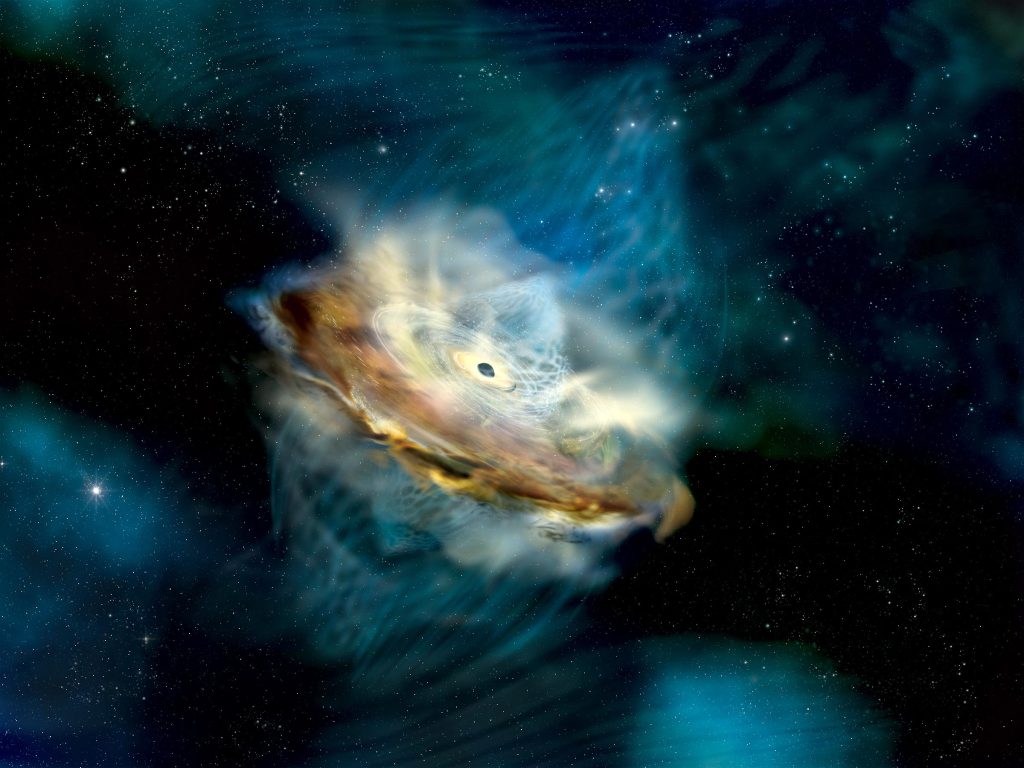A monster black hole “flipped” its magnetic poles in a rare event, and NASA observed it via the Swift satellite.
Although the National Aeronautics and Space Administration (NASA) provides a great deal of information about worlds beyond Earth and outer space, much remains to be known about black holes and their behavior toward our planet if they interact. come in.
Recently, NASA’s Swift satellite observed one of the rarest events in outer space, which scientists tell of too many black holes. NASA recently observed that a monster black hole reversed its magnetic poles due to a space event.
According to the space agency, an unusual explosion from a galaxy more than 236 million light-years away may have caused the magnetic poles covering the center of a massive black hole to automatically flip right in front of our eyes.
According to NASA, this phenomenon is extremely rare and has not been observed by scientists before. A galaxy known as 1ES 1927+654 stopped X-ray emission briefly for a few months, then resumed and increased, most likely caused by this rare event.
In an official NASA statement, study lead author Sibasish Laha said, “This phenomenon is the first time we’ve seen X-rays completely phase out while other wavelengths shine through.”
Read More: Lunar Eclipse 2022: When is the first ‘Chandra Grahan of 2022 in India? Check the date and timings.
The NASA statement further said that if scientists can confirm that the observed explosion in space was caused by the changing magnetic poles of a supermassive black hole, it could help experts learn more about the behavior of such black holes in outer space. It would help me to know a lot.
At the heart of our galaxy, the Milky Way is a plethora of black holes. A black hole has a very strong gravitational pull, which can suck any object or celestial body around it, even as fast as light!
Many space enthusiasts have the theory that Earth could eventually get sucked inside a massive black hole, which could mean the end of the planet altogether. Many scientists have refuted this theory, saying that the nearest black hole detected is thousands of light-years away.

